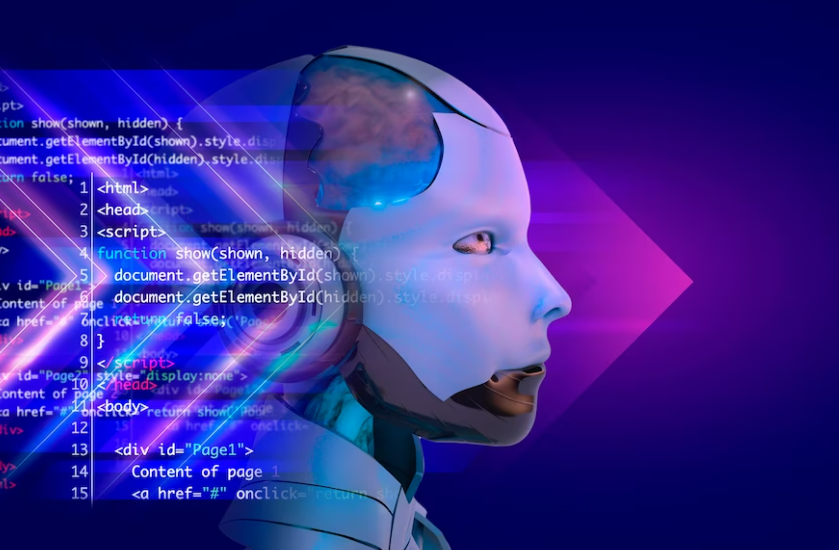In a recent visit to the United Arab Emirates, Sam Altman, the CEO of OpenAI, expressed his concerns about the potential “existential risk” posed by artificial intelligence (AI) to humanity. Altman proposed the establishment of an agency, similar to the International Atomic Energy Agency, to supervise and regulate this groundbreaking technology.
Altman emphasized the need for careful supervision and management of AI to ensure its development aligns with the best interests of humanity. Altman’s remarks shed light on the growing recognition of the significant challenges and potential dangers associated with AI, prompting calls for global cooperation and responsible governance in this rapidly advancing field.
During his ongoing global tour, Altman has been engaging in discussions about artificial intelligence (AI) and its implications. He has raised concerns about the significant risks associated with AI and emphasized the pressing need to find effective ways to manage these risks while still reaping the immense benefits that AI offers.

During the speech, he drew attention to the International Atomic Energy Agency (IAEA) as a model for managing dangerous technologies through the implementation of safeguards. Altman acknowledged that while AI may not pose an immediate threat, its rapid development could lead to significant dangers. He called for a nuanced approach, acknowledging the current state of AI while remaining vigilant about its potential risks. Altman’s remarks highlight the importance of finding a delicate balance between embracing AI’s benefits and implementing adequate precautions to mitigate its future dangers.
Recognizing the potential risks associated with AI, Altman whose company created the most famous AI ChatBot ChatGPT, emphasized the necessity of government intervention during his testimony to the U.S. Congress in May. He stressed the crucial role of governance in effectively managing the risks associated with AI. This growing focus on AI regulation reflects the need for proactive measures to ensure the responsible and safe development and deployment of AI technologies on a global scale.
Global cooperation is key to addressing Artificial Intelligence risks:
In a UN article titled Towards an Ethics of Artificial Intelligence, author Audrey Azoulay wrote that Global cooperation is crucial to ensure the responsible and beneficial use of emerging technologies, particularly those based on artificial intelligence (AI), for sustainable development.
Various stakeholders, including businesses, research centers, science academies, UN member states, international organizations, and civil society associations, need to come together to establish an ethical framework for AI development. Moreover, there is a need for stronger coordination among these entities.
Addressing AI’s ethical implications requires a comprehensive global approach, involving the participation of UN funds, agencies, and programs. This inclusive approach will help to avoid a selective approach to ethics and explore ways to leverage AI for sustainable development effectively.
Artificial intelligence (AI) is now receiving increasing attention from lawmakers worldwide, with the European Union (EU) taking a notable lead. The EU, consisting of 27 member states, is actively working on an AI Law that could potentially serve as the global standard for AI regulation.
Related:
- Huawei to launch “PanGu Chat” to compete with ChatGPT
- The Godfather of AI, Geoffrey Hinton, Reveals the Future of Artificial Intelligence
- X.AI Corp is Elon Musk’s New Artificial Intelligence Company
(via)






